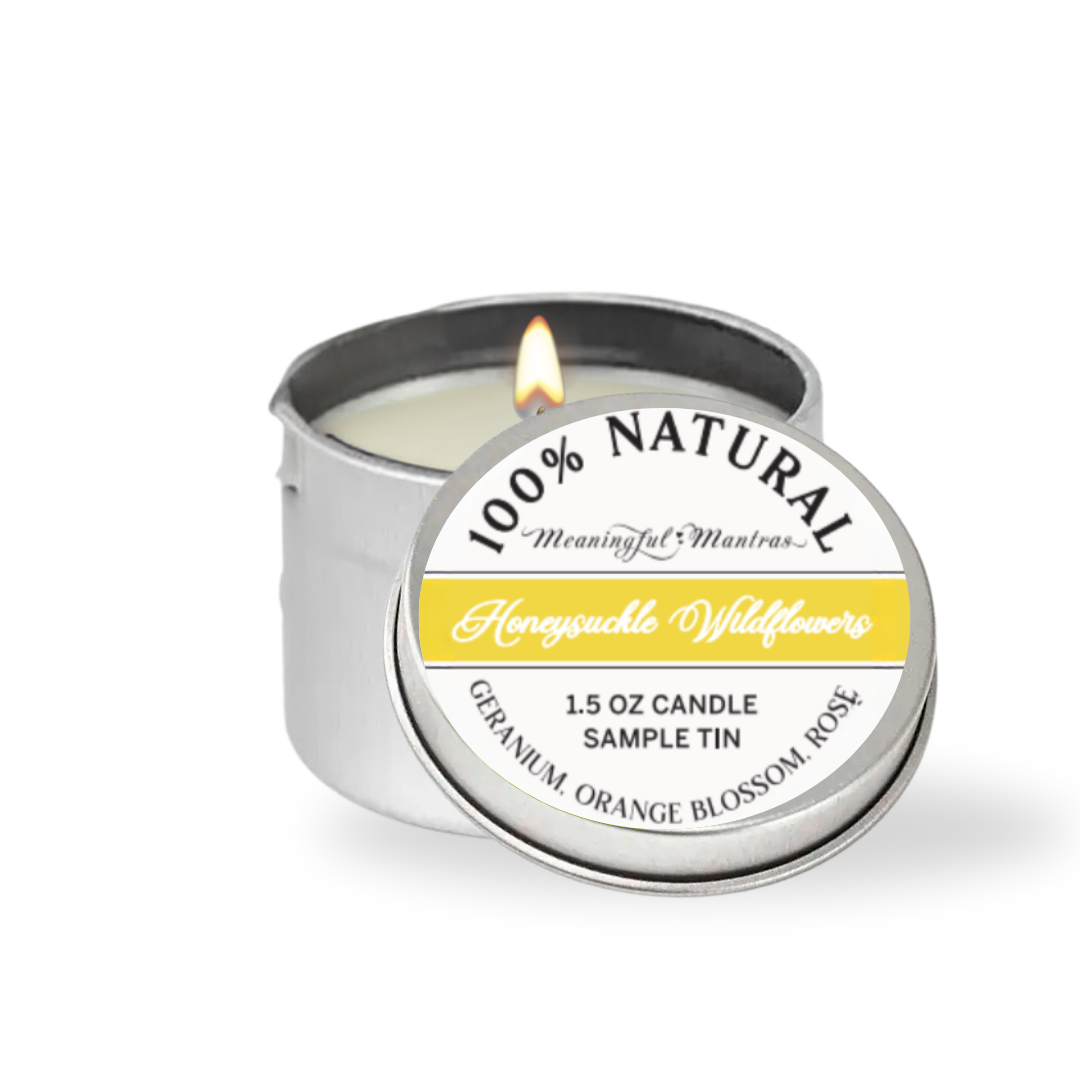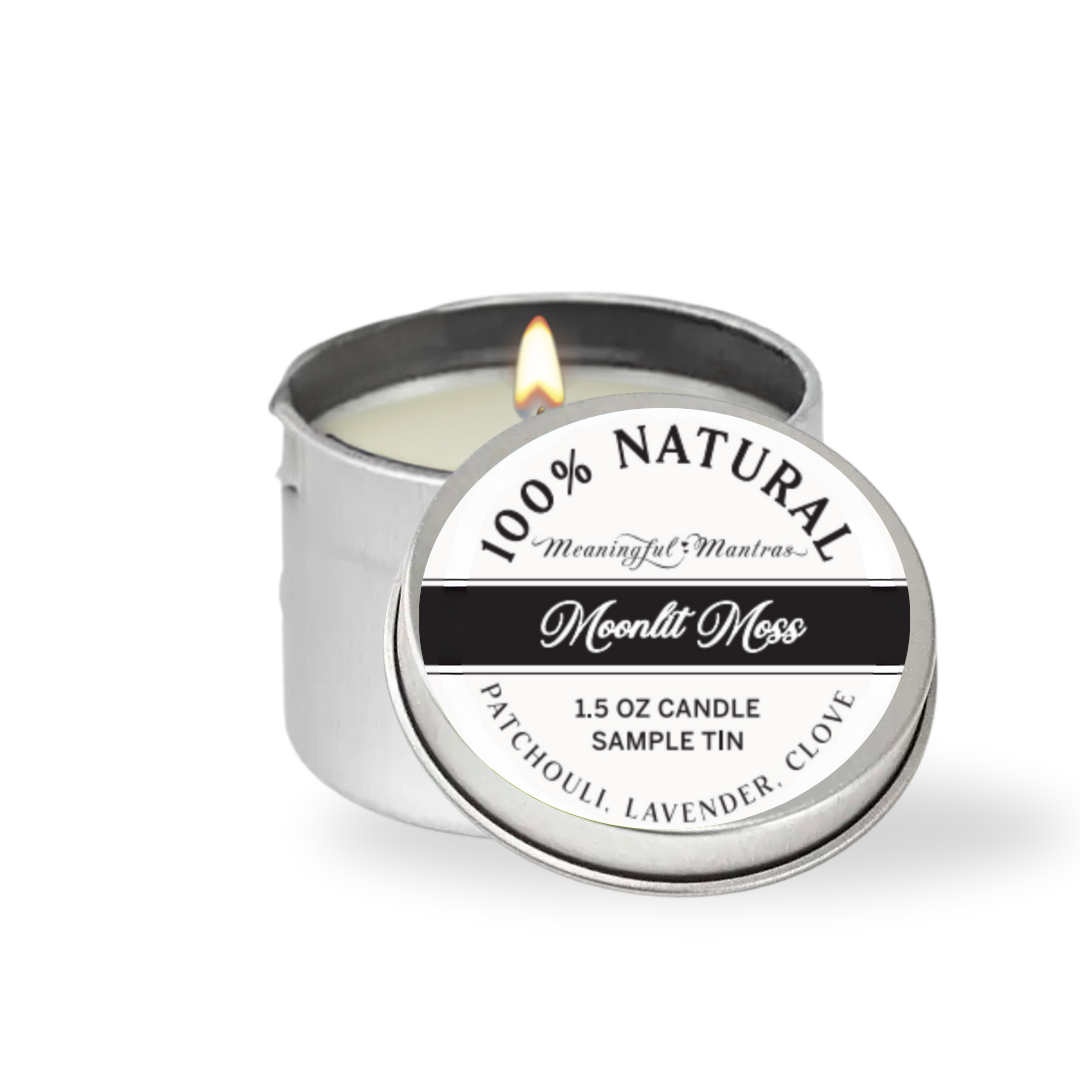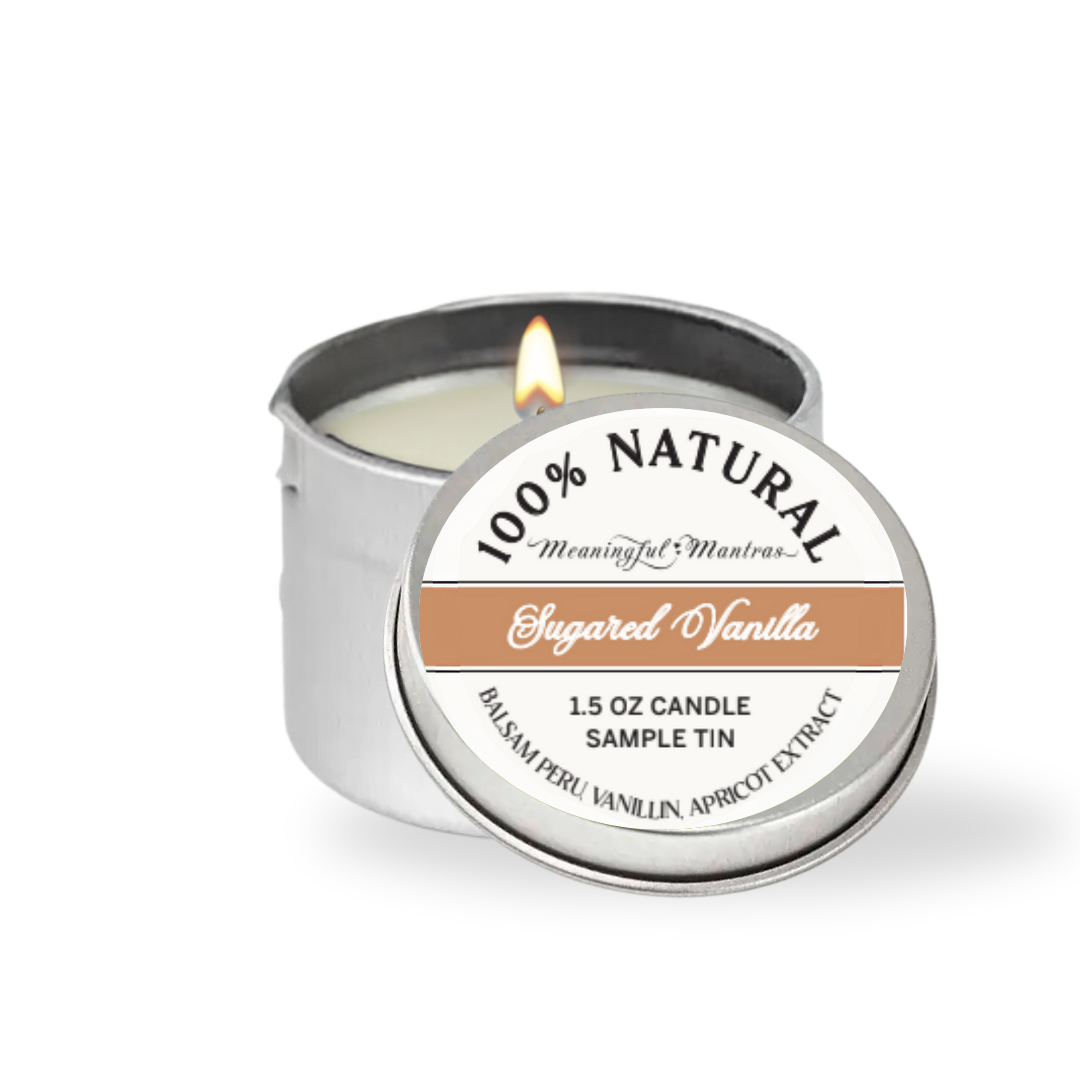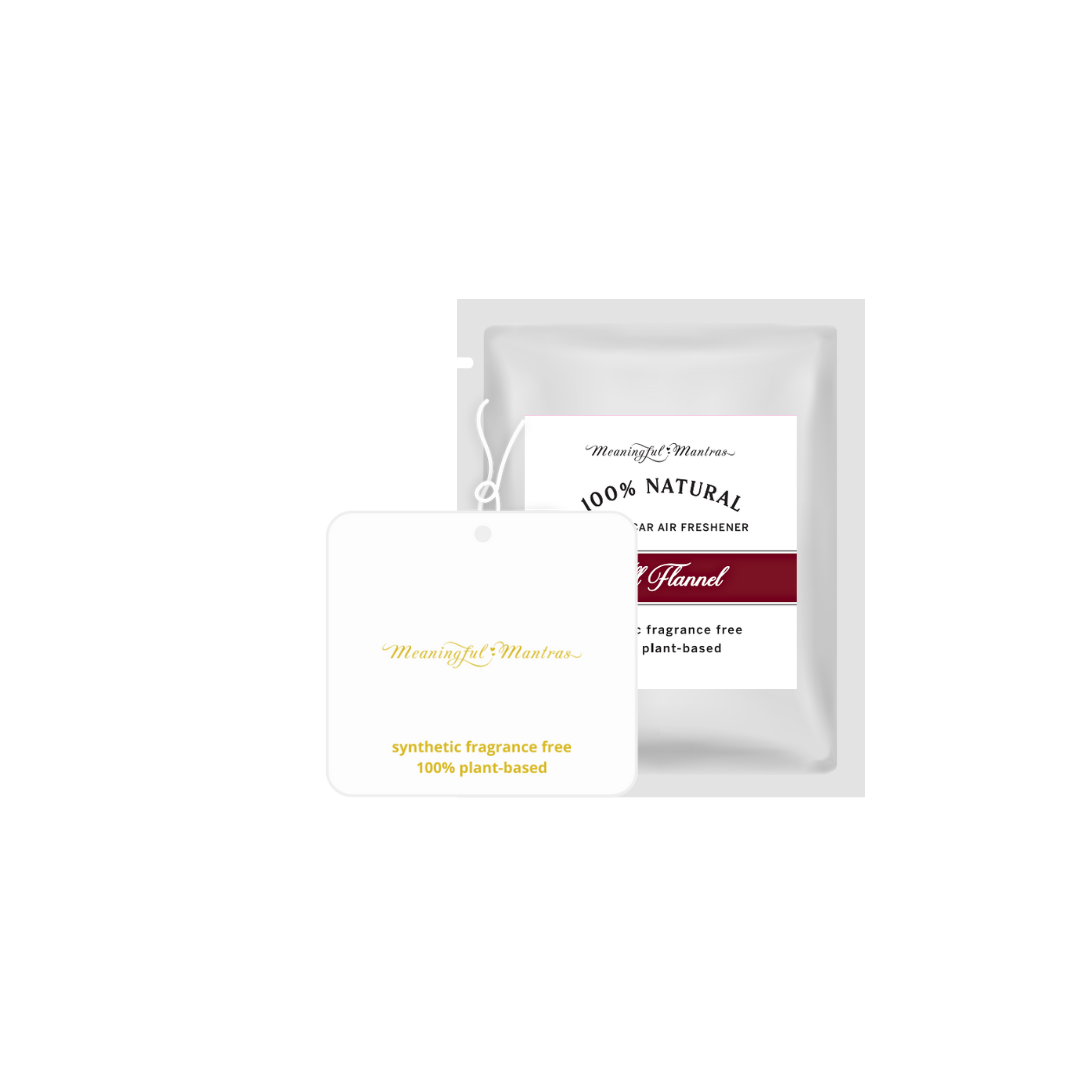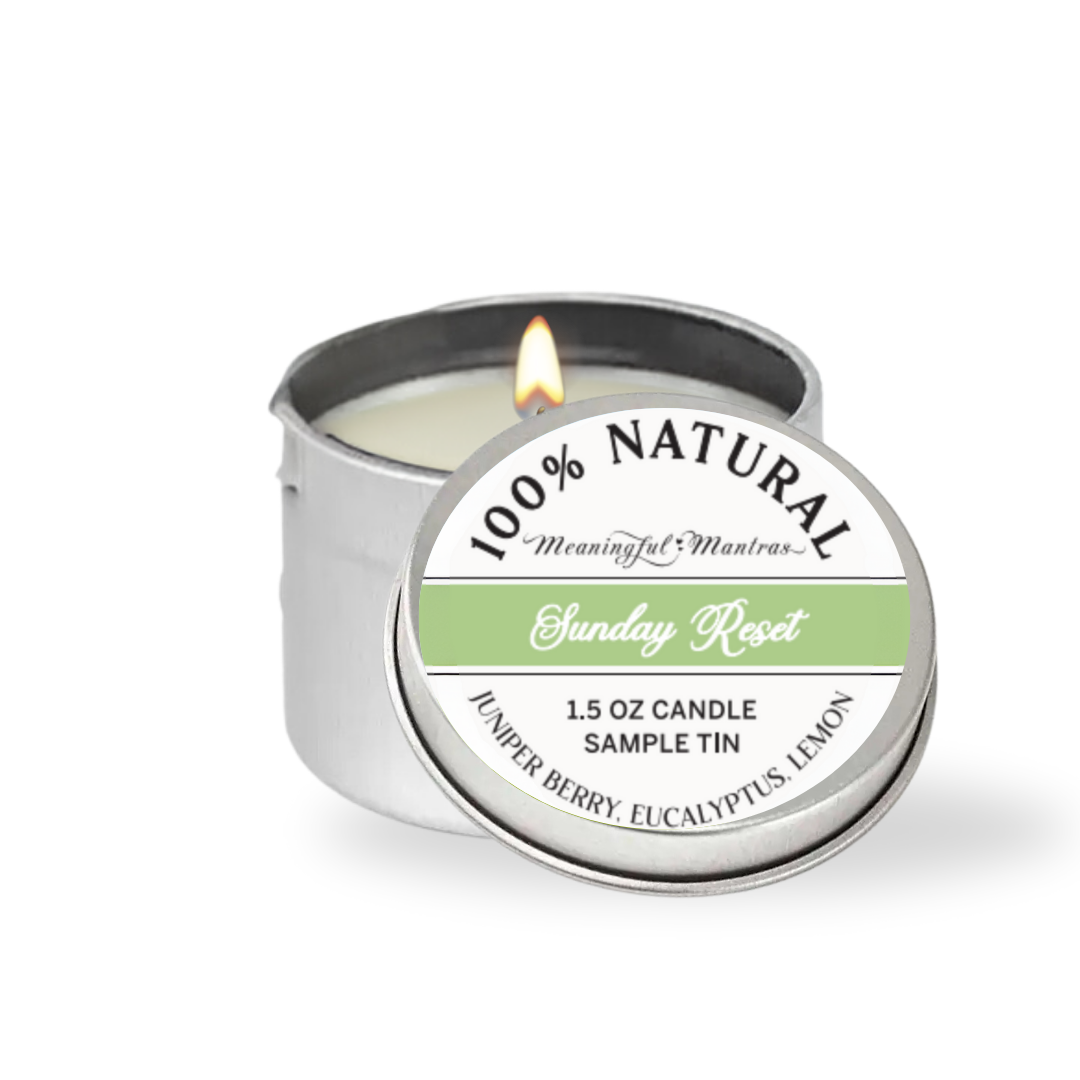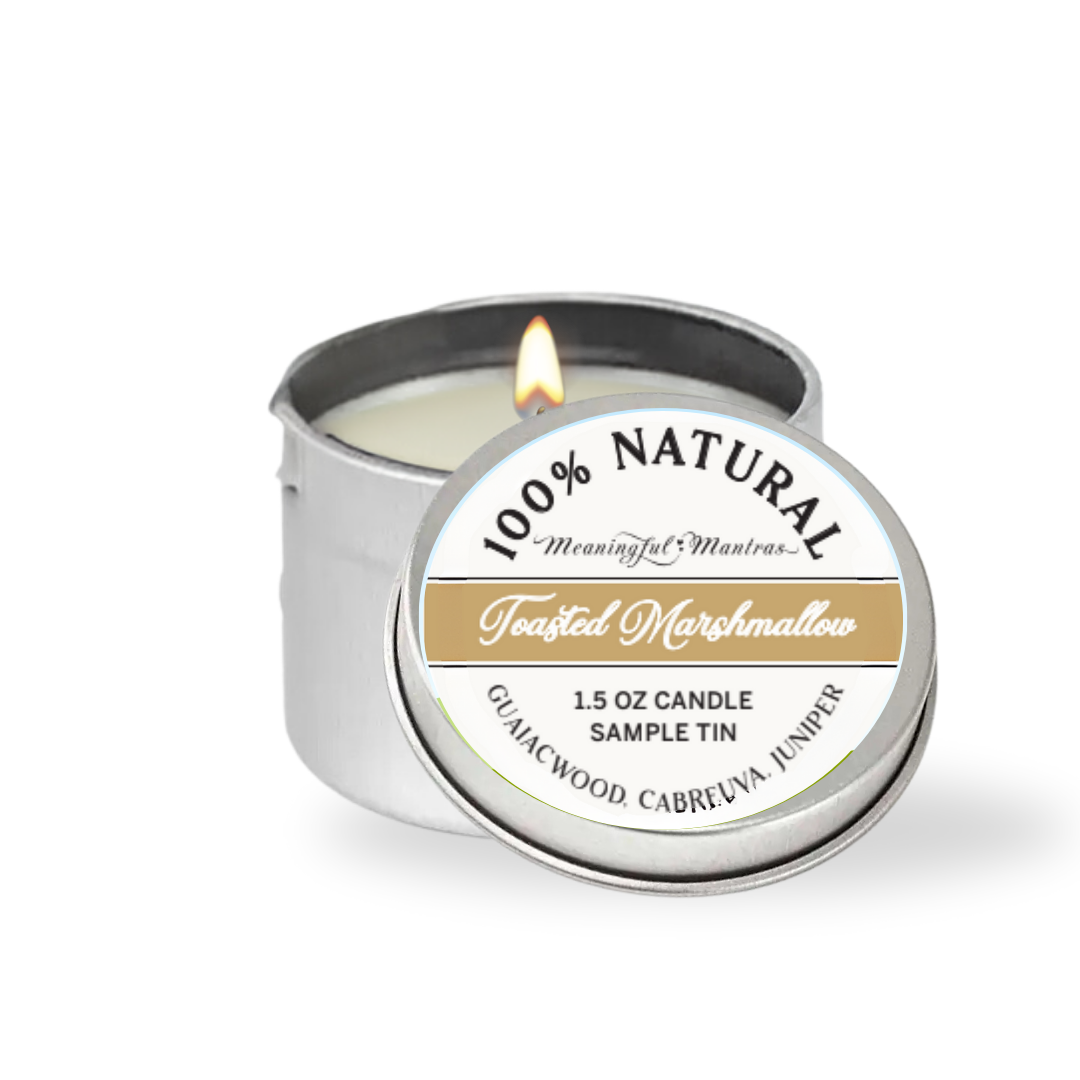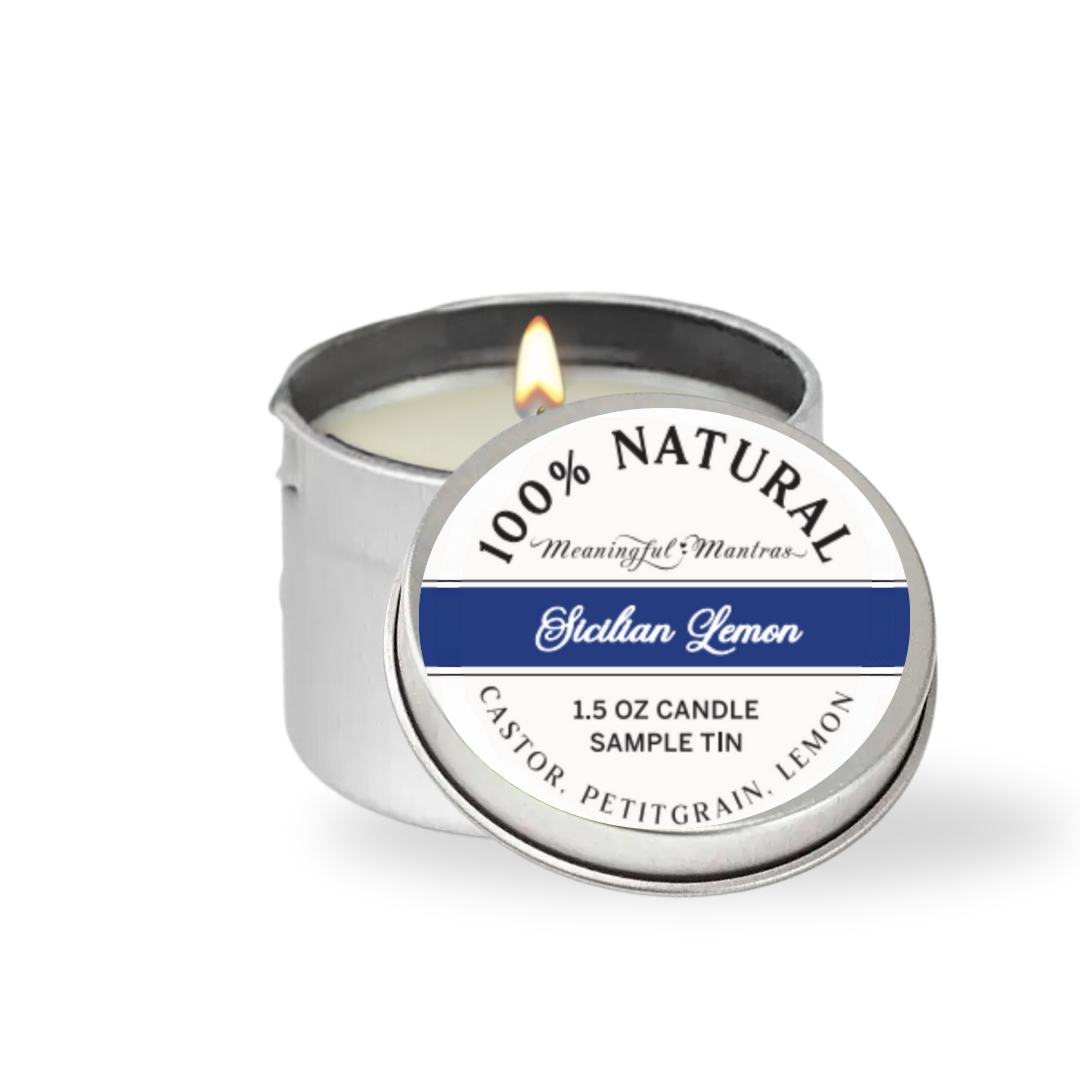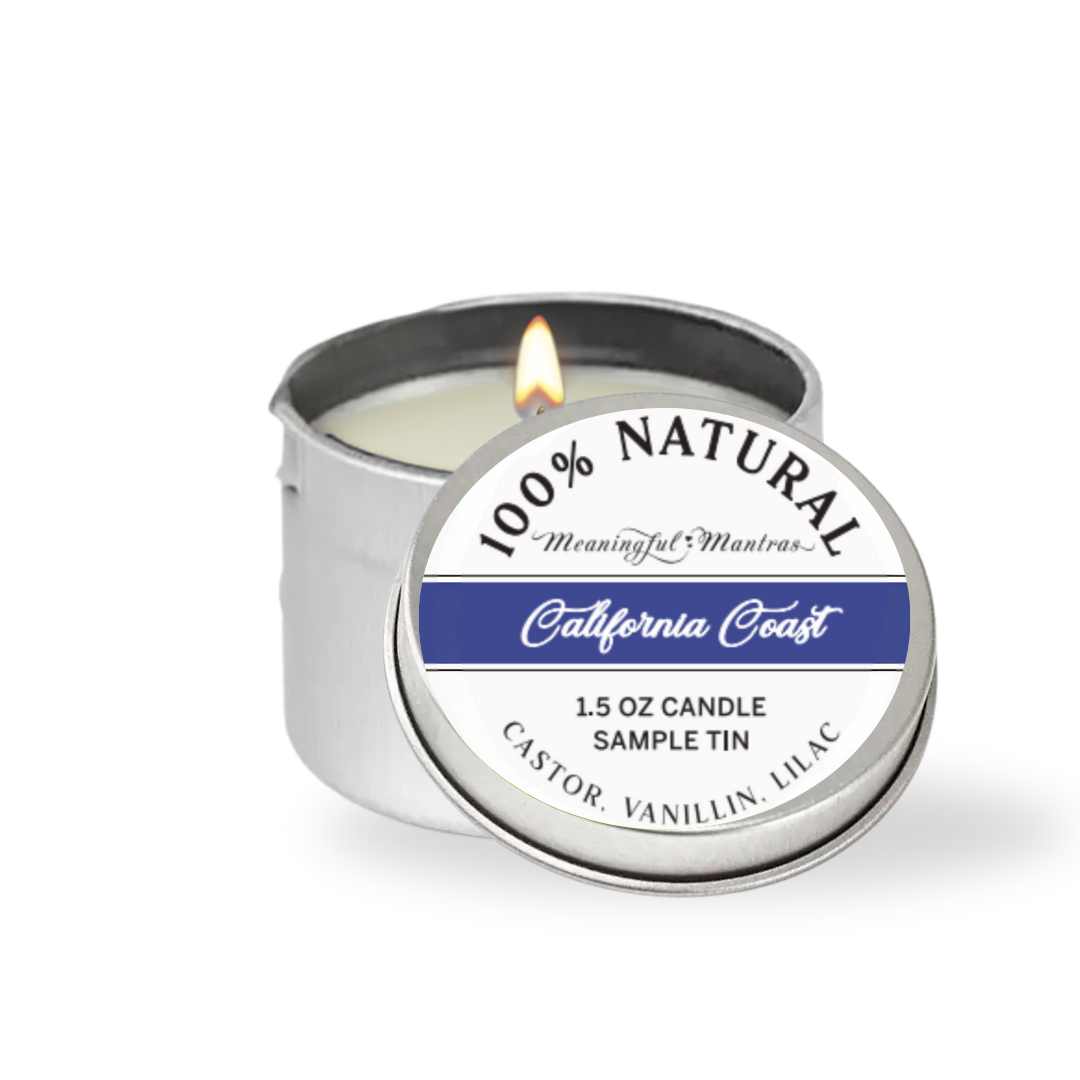When it comes to choosing a natural scent for your home, the most important thing you should look for from a supplier is transparency. There are so many ways a seller can hide certain ingredients and make something appear non-toxic when it is actually filled with irritants, allergens and other poor-quality ingredients.
Your biggest concern when choosing a home fragrance should be the presence of endocrine disruptors, as these can accumulate in the body and disrupt essential functions. Common endocrine disruptors in the fragrance industry include phthalates and parabens.
There is also a lot of secrecy in the fragrance sector which can make it very difficult to make an informed choice. We’re sharing our thoughts on the truth about natural scents and what makes a candle truly non-toxic.

Why transparency matters
Candle manufacturers need to be open, honest and transparent about what is included in their candles. The word “fragrance” might be included in the ingredients, but this doesn’t tell you much about the contents and their origins.
Companies get around this by exploiting a loophole that says they are allowed to conceal company secrets. So the words “fragrance” or “perfume” may be used, without telling the consumer exactly what they are buying.
Fragrance could mean essential oils, or it could mean chemical ingredients that are known to release VOCs (volatile organic compounds).
We are also seeing the rise of lab-grown natural scents, which are being engineered to ensure they are clean, consistent and sustainable. While this would technically be synthetic, this wouldn’t raise as many red flags as some synthetic fragrances.
However, it’s still important for customers to know that their natural scents were actually reproduced in a lab.
In short, it’s not about the choice of ingredients, but about giving the consumer the option to choose or reject them. And shoppers can only make an informed choice when they have all of the information.
Natural versus synthetic fragrance
It’s important to remember that natural isn’t always better than synthetic. There are plenty of natural scents and fragrances that are known irritants. Just as there are plenty of synthetic fragrances that are perfectly fine for use in the home.
This is why shoppers shouldn’t feel compelled to choose a product just because a company slapped a “natural” sticker on it. After all, essential oils that are not Certified Organic can be just as bad for your health as a synthetic fragrance.
When thinking about natural essential oils, we have to first look at how it was grown, and then look at how it was produced. Essential oils are compounds extracted from plants. The safest way to access these compounds is often through a process called steam distillation.
Other distillation methods can leave behind chemical residue that could make its way into the finished product. So while the essential oil might be all natural, the extraction process leaves behind byproducts that you don’t want to burn in your home.
| Topic | What to Know | Meaningful Mantras Approach |
|---|---|---|
| Transparency | Many brands use vague terms like “fragrance” or “parfum” to hide ingredients—some of which may include VOCs, phthalates, or parabens. | Full transparency. We clearly label ingredients and never hide harmful chemicals behind generic terms. |
| Endocrine Disruptors | Ingredients like phthalates and parabens can disrupt hormone function and accumulate in the body. | We avoid all known endocrine disruptors in our candles and fragrance blends. |
| Natural vs. Synthetic | Not all natural ingredients are safe; not all synthetics are harmful. Some natural scents can be irritating, and some lab-grown scents are safer and more sustainable. | We use Certified Organic, non-GMO essential oils and disclose their source and processing methods. |
| Essential Oil Quality | Purity depends on both growing and extraction. Solvent-based methods can leave chemical residue in the final product. | We use steam-distilled, Certified Organic essential oils with no solvent residues. |
| Fragrance Strength | Essential oils have a subtler throw than synthetics. Strong synthetic scents can trigger stress or sensitivities. | Our candles are formulated for balance. We also provide a scent strength guide for each product. |
| Product Example | Some blends are naturally more intense than others, depending on the oils used. |
Strong: You Are Grounded Medium: You Are Enough |
Why we use essential oils
Our essential oils are Certified Organic and non-GMO. You can be confident bringing our fragrance blends into your home as we have spent a lot of time selecting the highest quality ingredients and blending them to create the perfect combinations.
We want every candle you light in your home to take you on a sensory journey. Scent is closely linked to memory, and the brain will always try to make the link between where it first experienced the fragrance. This is why so many scents leave us with strong feelings.
Essential oil fragrances are less intense than synthetic alternatives. We believe this is a small price to pay for removing toxic compounds from your home.
Many people are sensitive to scent without even knowing it. Very strongly scented candles might leave you feeling stressed, without fully understanding the source.
It’s also worth noting that some blends throw their scent further than others. This is why we provide a room guide to help you to determine which candles are best for different spaces.
For example, our You Are Grounded Frankincense & Patchouli Candle delivers a strong scent that is much more heady than something like the You Are Enough Valencia Orange & Grapefruit Candle, which offers a medium scent.


